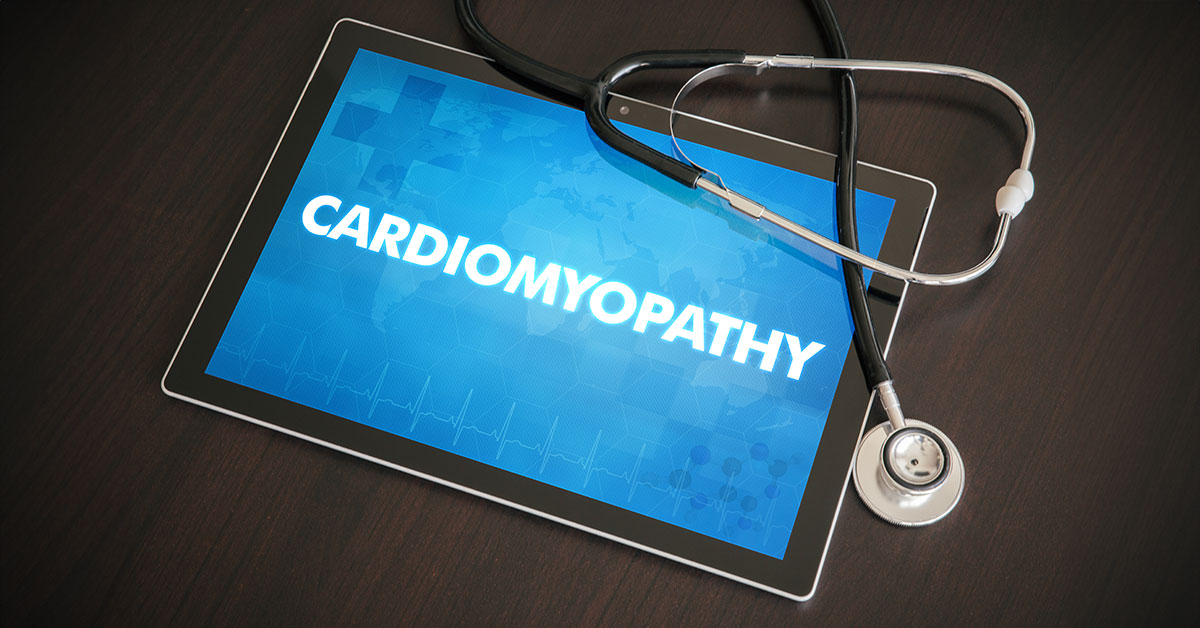Cardiomyopathy: symptoms, diagnosis, and treatment

Cardiomyopathy is a disease of the heart muscle in which it becomes enlarged, thick, or rigid. As it progresses, the heart weakens and cannot adequately pump blood through the body, which can lead to irregular heart rhythms and heart failure.
This disease can develop over time as a result of other factors or can be genetic. The cause of cardiomyopathy is often unknown, and it can affect all ages. In some patients, cardiomyopathy doesn’t cause any symptoms and does not require treatment. In other patients, the disease may progress rapidly and result in serious complications.
Symptoms
Symptoms of cardiomyopathy include shortness of breath (especially during physical exertion), fatigue, and swelling in the ankles, feet, legs, or veins in the neck. Other symptoms may include dizziness, fainting, chest pains, or irregular heartbeats.
Diagnosis
A range of tests may be used to diagnosis cardiomyopathy, including an electrocardiogram (ECG) to measure electrical activity in the heart, an ultrasound of the heart, a stress test, or a wearable heart monitor to capture data for 24 to 48 hours.
In some patients, additional diagnostic procedures may be used to confirm the diagnosis and prepare a patient for surgery, if needed. These include cardiac catheterization, coronary angiography, and myocardial biopsy.
Genetic testing may also help identify individual risk when there is a family history, which can allow for earlier treatment before symptoms begin. Treatment for cardiomyopathy may include lifestyle changes, medication, or surgery.
Treatment
Lifestyle changes include eating a healthy diet low in saturated fat and high in whole grains, with limited sodium, sugar, and alcohol. Physical activity to maintain a healthy weight can also help reduce the risk of complications from cardiomyopathy, although you should check with your physician before increasing your physical activity. Quitting smoking, reducing stress, and managing any other diseases are also important lifestyle factors.
Many medicines can be used to treat cardiomyopathy and control related diseases that may contribute to thickening of the heart muscle. This may include medications to lower blood pressure, regulate heart rhythm, reduce fluid retention, reduce inflammation, and balance electrolytes.
In some cases, surgery may be required to treat severe cardiomyopathy. Surgical treatments include septal myectomy, which removes part of the thickened septum to increase blood flow, and implanted devices to regulate heart rhythm. A nonsurgical treatment, alcohol septal ablation, can also be used to increase blood flow by shrinking some tissue to a more normal size.
If you have a family history of cardiomyopathy or are experiencing symptoms, contact the Oklahoma Heart Hospital for an appointment today.
